Chief Adviser Dr. Muhammad Yunus has announced that Bangladesh’s 13th National Parliamentary Election and a referendum on the July National Charter will be held on the same day in the first half of February 2025, marking a historic twin vote that will determine both the next government and the nation’s constitutional future.
In a televised address to the nation on Thursday afternoon, Dr. Yunus said the Advisory Council of the interim government has approved the July National Charter (Constitutional Reform) Implementation Order 2025, paving the way for its official gazette notification. The speech, broadcast simultaneously on Bangladesh Television (BTV), BTV News, and Bangladesh Betar from 2:30 p.m., followed a morning council meeting chaired by the Chief Adviser to finalize the roadmap for implementing the charter, conducting the referendum, and organizing the national election.
“The referendum will be held on the same day as the next National Assembly elections,” Yunus announced, saying the synchronized polls would ensure a “festive, participatory, and cost-effective” process while maintaining momentum for the reform agenda that emerged from the July uprising.
Background and Reform Proposals
The July National Charter, drafted by the National Consensus Commission after nine months of dialogue with political parties involved in last year’s mass movement, contains 30 major reform proposals. These include the introduction of a bicameral parliament, limits on the prime minister’s tenure, enhanced judicial independence, stronger local government, and greater women’s representation.
Yunus said that while political parties had minor differences over methods of implementation—whether through constitutional amendment or legislative action—they had shown a “historic consensus” on the core principles of reform.
“If the July Charter is properly analyzed, there is not that much difference in opinion,” he noted.
Referendum Question Finalized
The Chief Adviser revealed that voters will answer a four-part question with a single “yes” or “no” vote, covering:
1. Formation of a caretaker government, Election Commission, and constitutional bodies as outlined in the charter;
2. Creation of a 100-member upper house elected through proportional representation;
3. Mandatory implementation of the 30 agreed reform proposals; and
4. Adoption of the remaining charter reforms as pledged.
If approved, the next parliament—elected in February—will function as a Constitutional Reform Council and complete all amendments within 180 working days. An upper house will then be formed within 30 days, with its tenure linked to that of the lower house.
Political Reactions and Consensus Efforts
The National Consensus Commission had earlier submitted two alternative proposals to the interim government on 28 October regarding the implementation of the charter. Both recommended a referendum, but differed slightly on timelines and enforcement mechanisms.
Political parties have remained divided over aspects of the reform. The BNP had filed notes of dissent on several points, opposing the creation of an upper house under the proportional representation (PR) system but supporting the idea of holding the election and referendum on the same day. Jamaat-e-Islami, in contrast, favored forming an upper house under the PR system and wanted the referendum to take place before the national polls.
Following the last Advisory Council meeting on 3 November, the government gave political parties seven days to reach a consensus, but none was achieved — prompting the interim administration to make its own decision.
‘A New Beginning for Bangladesh’
Reaffirming that national elections will take place in early February, Dr. Yunus said preparations are underway to ensure a fair, participatory, and credible vote. He urged the political alliances that led the July movement to remain united, warning that “if they do not, the nation will face a great calamity.”
Highlighting progress in judicial and administrative reforms, Yunus said trials of the “July massacre” cases were nearing their first verdicts, with enforced disappearance cases being prosecuted for the first time in Bangladesh’s history.
He also reported gains in exports, investment, and financial stability — including a 19% rise in foreign direct investment during the first year after the uprising.
Invoking the memory of those who died during last year’s movement, the Chief Adviser concluded:
“We must honor the sacrifices of 133 children, and hundreds of young men and women. Through a festive national election and referendum, we will step into a new Bangladesh.”


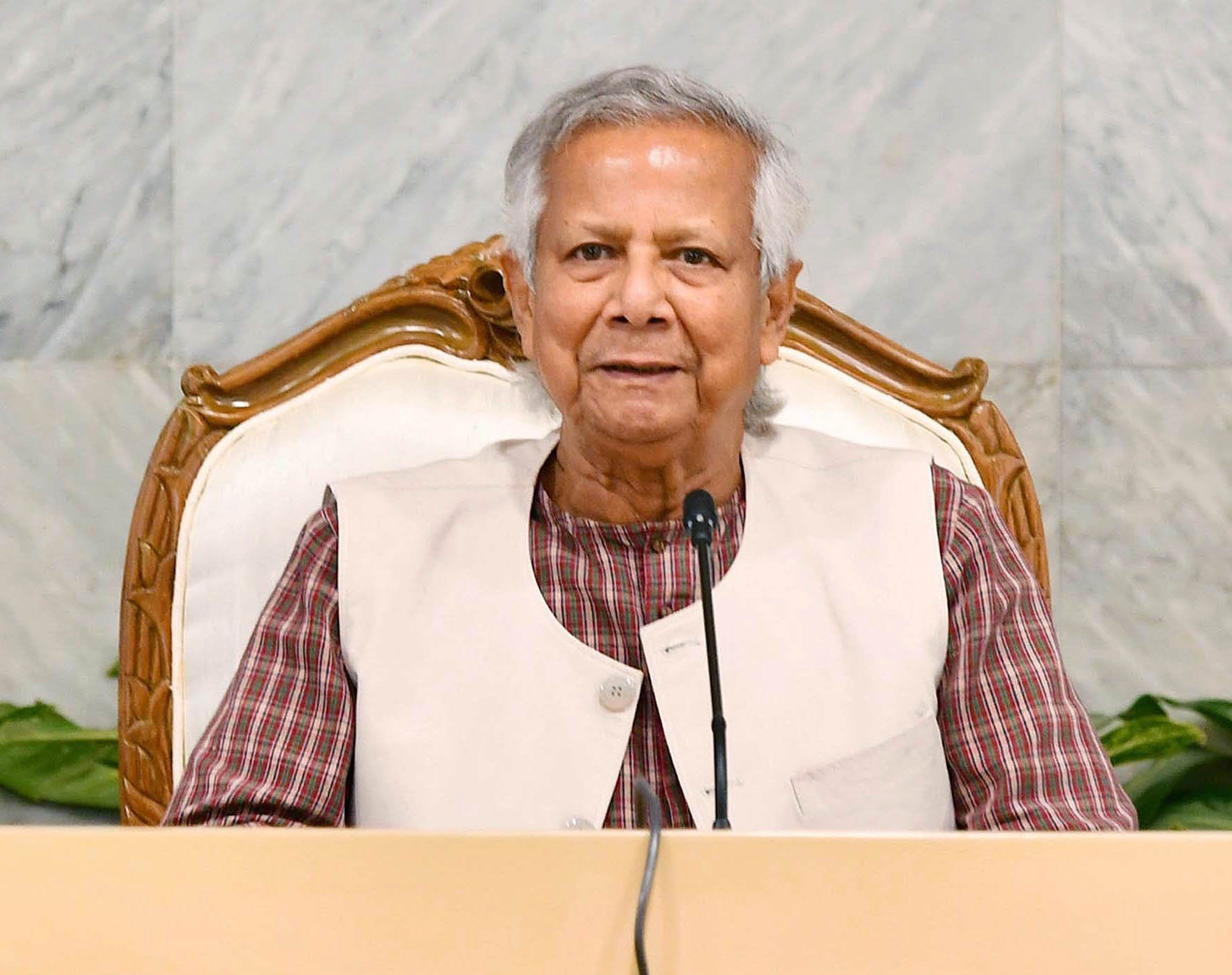


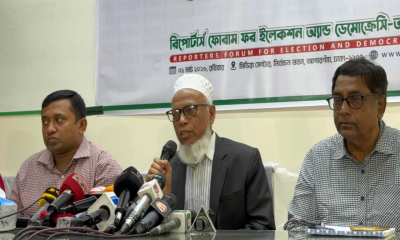
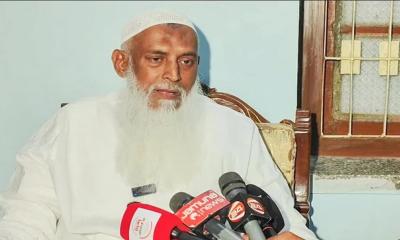
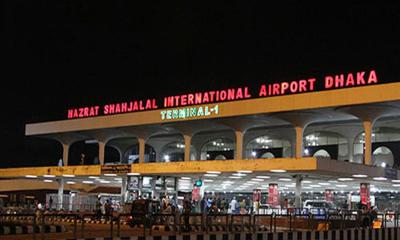


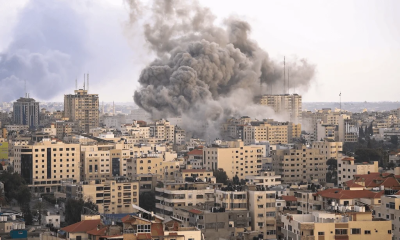

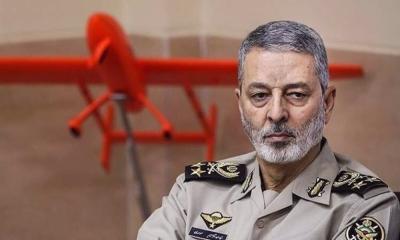

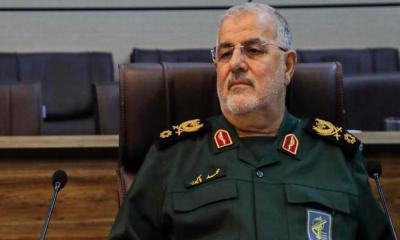
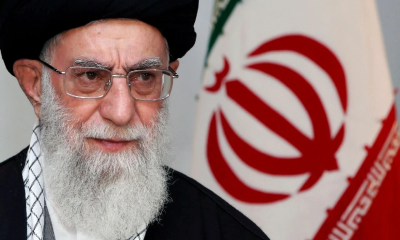
-20260301064029.webp)
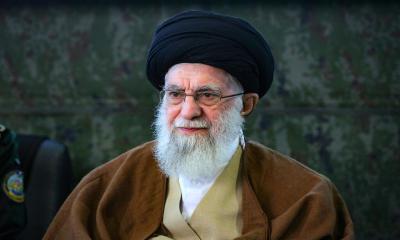
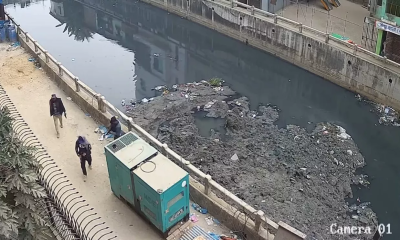

-20260228080513.webp)




-20260224075258.webp)






-20260225072312.webp)
